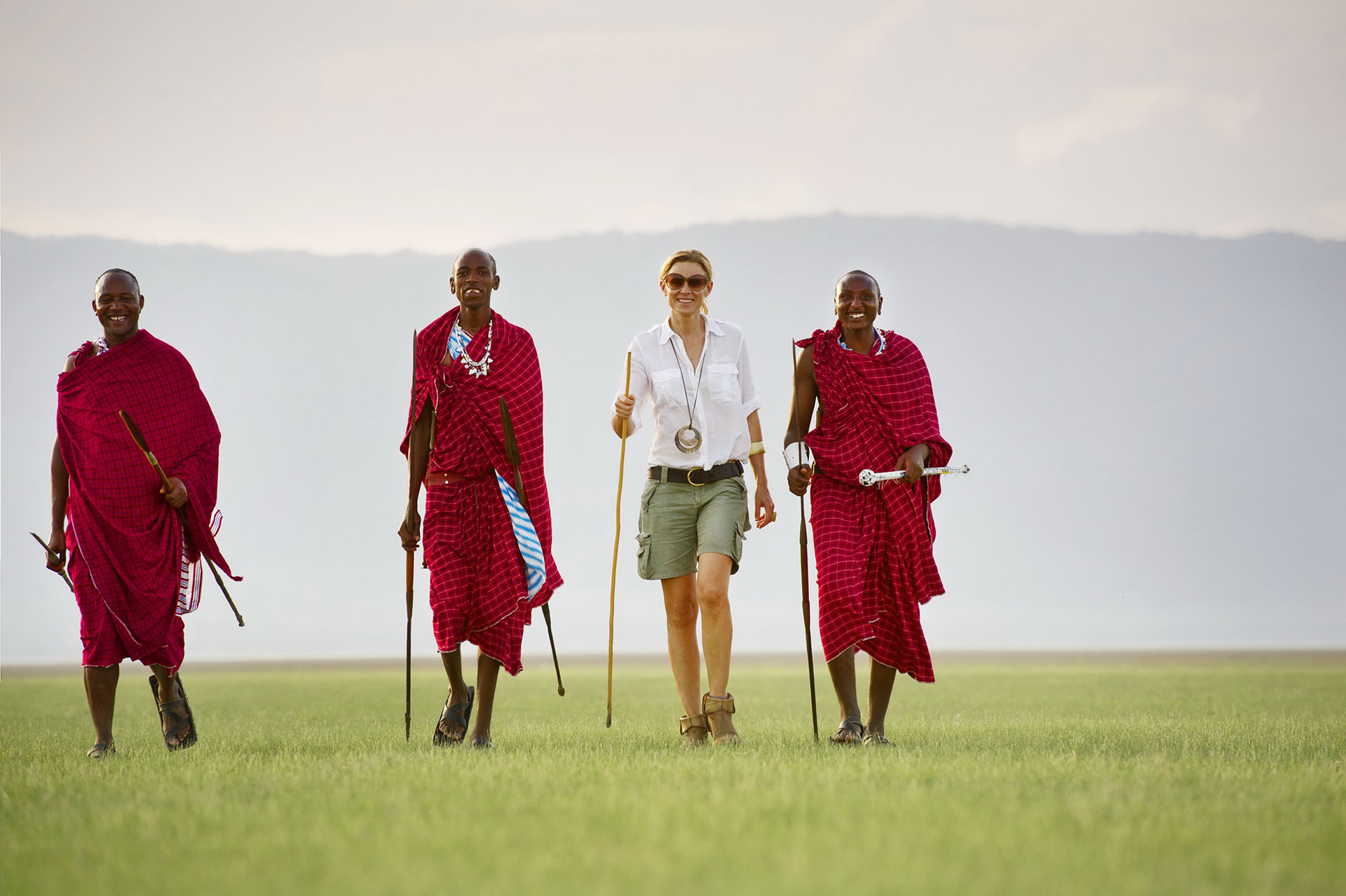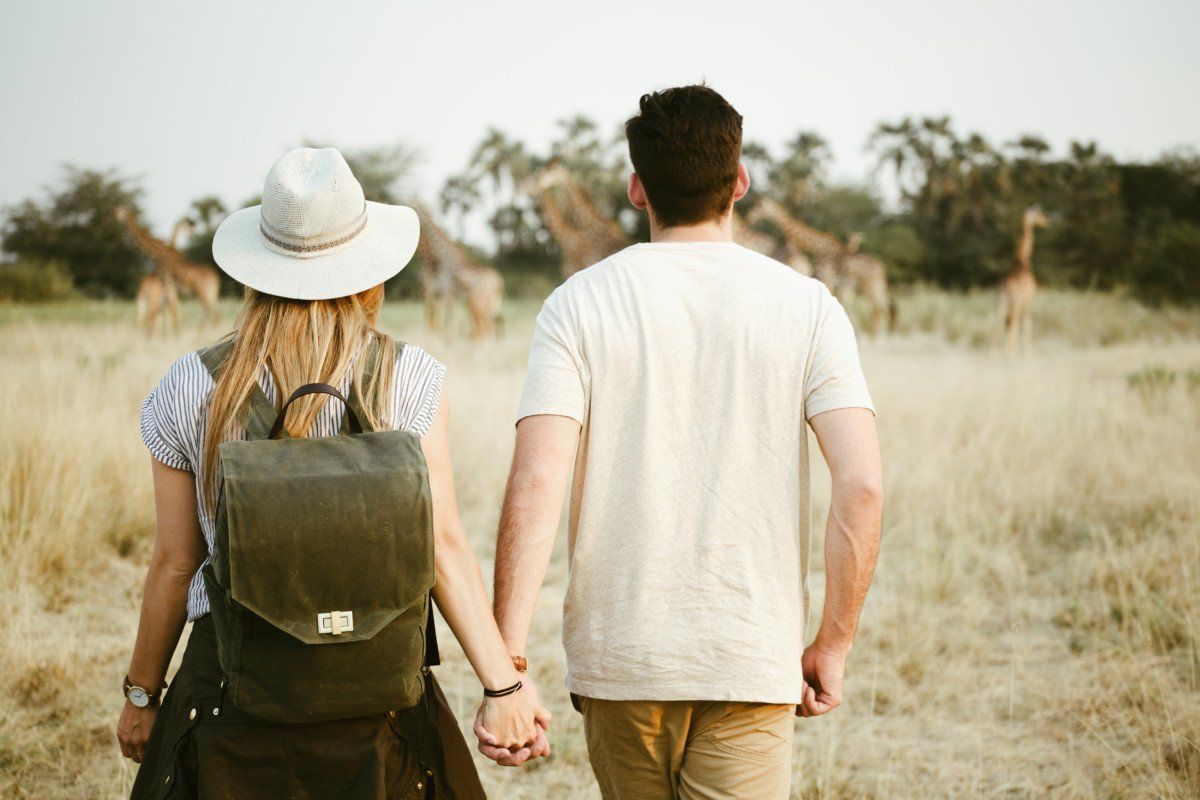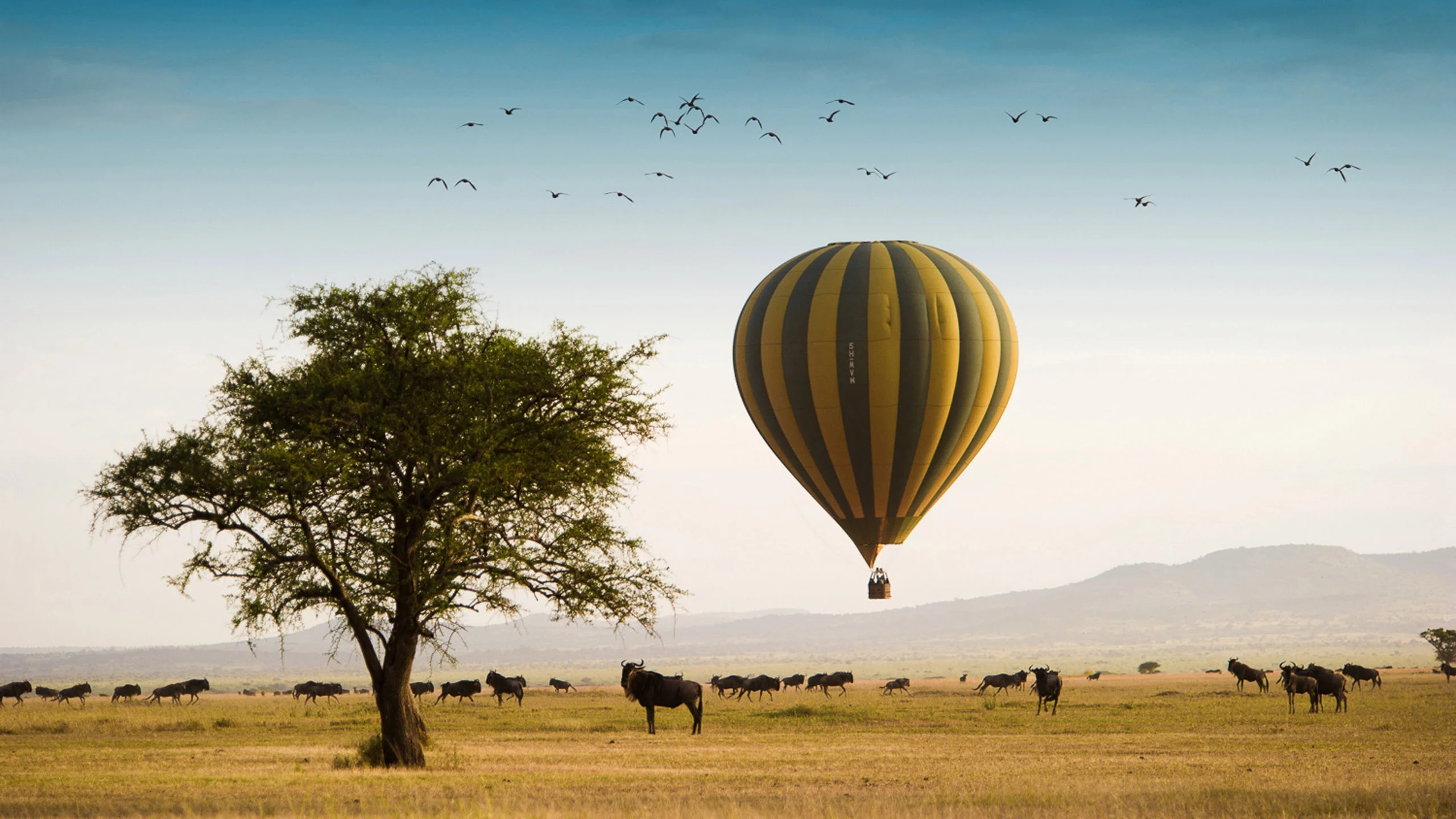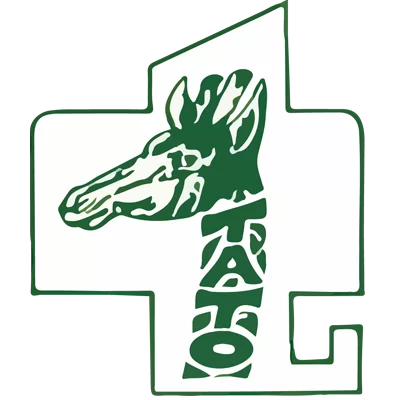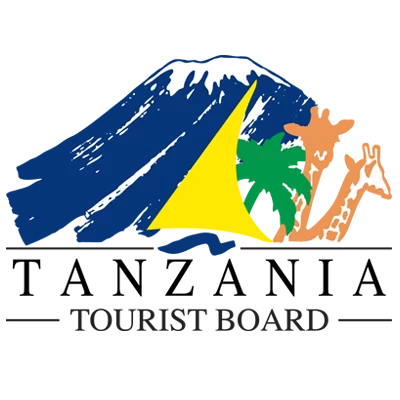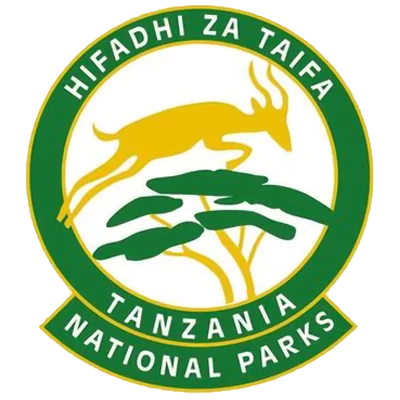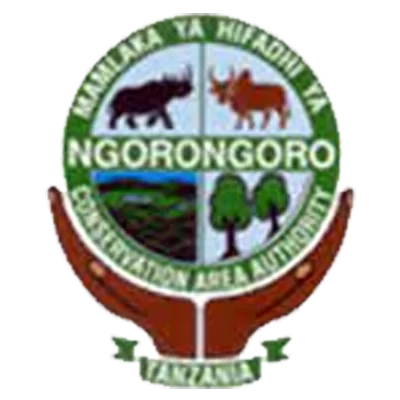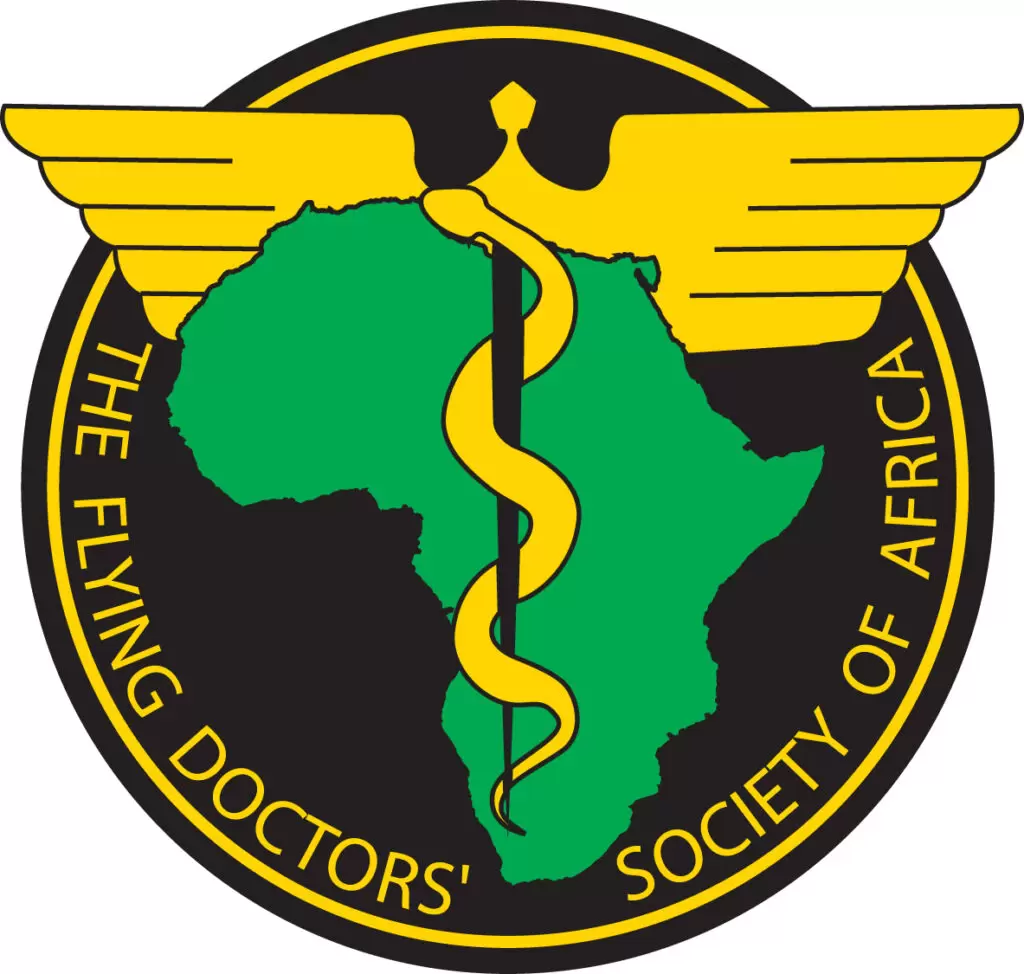
When you are planning for Tanzania Tours And Safaris, learning a little bit of Swahili language can remove the language barrier.
Boasting its rich biodiversity, Tanzania is a multilingual country full of iconic safari destinations. Swahili and English are the two official languages of Tanzania.
Learning essential phrases of Swahili can make your Tanzania Safari Tourssmooth by removing the communication barrier between you and your guide.
What is Swahili?

Frequently spoken by all Tanzanians, the meaning of “Swahili” is “the coast”. As Arab traders rest in Zanzibar Island and Dar es Salaam during the travel in trading path, this name was given by early Arab traders. The native word that describes it is “Kiswahili”.
Swahili is a mixture of African languages and also has come from roots in Arabic, English, Portuguese, and German. The language is the oldest one which dates back thousands of years. However, it has evolved into what we hear today.
Where Do They Speak Swahili?

Widely spoken language in Sub-Saharan Africa, Swahili is a link language to other East African countries. The official language of Kenya and Tanzania is Swahili along with English. Swahili is spoken in Zambia, Somalia, Mozambique, and the DRC. The locals of Rwanda and Burundi understand this language. More than view Swahili as their mother tongue. Learning Swahili phrases can certainly help on your trip to East Africa!
Properly Learn to Speak Swahili

Learning and memorizing to speak some Swahili words is really easy if you know what you actually need to fill up the communication gap. The Swahili words can be pronounced as they’re written. Learning proper Swahili words can make you familiar with the words off the page without thinking too much about Tanzania’s pronunciation.
To learn the Swahili language, you can attend a language course when staying in Tanzania for a long time. Learning by listening to the language is also a great way to pronounce the way of speaking into your mind during Tanzania Safari Tours.
You should consider about tour 5 Tanzania Travel Advice to keep in mind when learning Swahili words:
- Chat with the locals can be beneficial (don’t be shy!)
- Learning the phrase “how do you say this” in Swahili can make yourself easy to learn the language from the locals.
- Repeat newly learned several times and use it right away
- Listening to Swahili music and watching TV shows in Swahili can be really helpful
- Make it fun!
For the Best Safari in Tanzania, try to take a printout of the Swahili words and phrases below, or save this article to your phone.
Swahili Phrases

Start With a Greeting
As greetings are important in Tanzania, Never start a conversation without a greeting.
The most common greetings are:
- Jambo/Hujambo – Hello/Any problems?
- Jambo or Sijambo – No problems
- Habarizaasubuhi – Hello/Good Morning (respectful)
- Hodi? – Anybody in home?
- Kwaheri – Goodbye (for single person)
- Ni – Goodbye (More than one person)
- Tutaonana – See you again
- Habari? – What’s going on? (Personal)
- Zuri or Nzuri – Beautiful/Nice/Good/I’m fine
- Baya or Mbaya – Bad/not great
- Si Mbaya – Not too bad
Safari Vocab
On your Tanzania Safari Tours, there are some words you need to know. As an example, when you hear your guide shouting “Tembo, Tembo!” which means, you need to grab your camera!
As the best Tanzania Safari Guide, we provide the list of safari vocabulary that can be beneficial for you:
- Simba – Lion
- Tembo – Elephant
- Chui – Leopard
- Swala – Antelope
- Nyati – Buffalo
- Kiboko – Hippo
- Duma – Cheetah
- Kifaru – Rhino
- Twiga – Giraffe
- Wanyama – Animal
- N’gombe – Cow
- Mbuzi – Goat
- Fisi – Hyena
- Ngiri – Warthog
- Nyumbu – Wildebeest
- PundaMilia – Zebra
Directions

To know and ask for the directions, it’s also important to communicate with your guide or driver.
- Juu – Up
- Chini – Down
- Kaskazini – North
- Kusini – South
- Mashariki – East
- Magharibi – West
- Mbele – Front
- Nyuma – Back
- Kulia – Right
- Kushoto – Left
Signs and Safety

To represent warning and risk status, you need to know these phrases in Swahili.
- Hatari – Danger
- Onyo – Warning
- HakunaNjia – No Entry
- MbwaMkali – Dangerous dog
- Kimbia – Run
To represent health in distress, you need to use these Swahili words:
- Mimi Mgonjwa – I am sick
- Afadhali Sana – I feel better
- Homa – Fever
- Tapika – Vomiting
- AmepotezaFahamu – He has fainted
- UmwaKichwa – A Headache
- Harisha – Diarrhea
- Dawa – Medicine
- NawezaKupata…Wapi? – Where can I find a…
- Daktari – Doctor
- Hospitali – Hosptial
- Polisi – Police
- Nisaidie – Help me
- Naombamsaadatafadhali – Pleasae help me
Ready For Tanzania Safari!
Now you have become familiar with basic Swahili phrases, all you have to do is practice more and more! Choose a reputable tour company with experience of long decades that can offer a tour guide in your language. Don’t forget to taste the delicious Tanzania Safari Foods.
Gecko Adventure Tanzania creates a perfect safari itinerary as per your interest and demand. With more than 15 years of experience, all our guides can speak both English and Swahili.
To know more about us, visit @gecko-adventure.com
So make your Tanzania Tours And Safari unique by learning new language.

